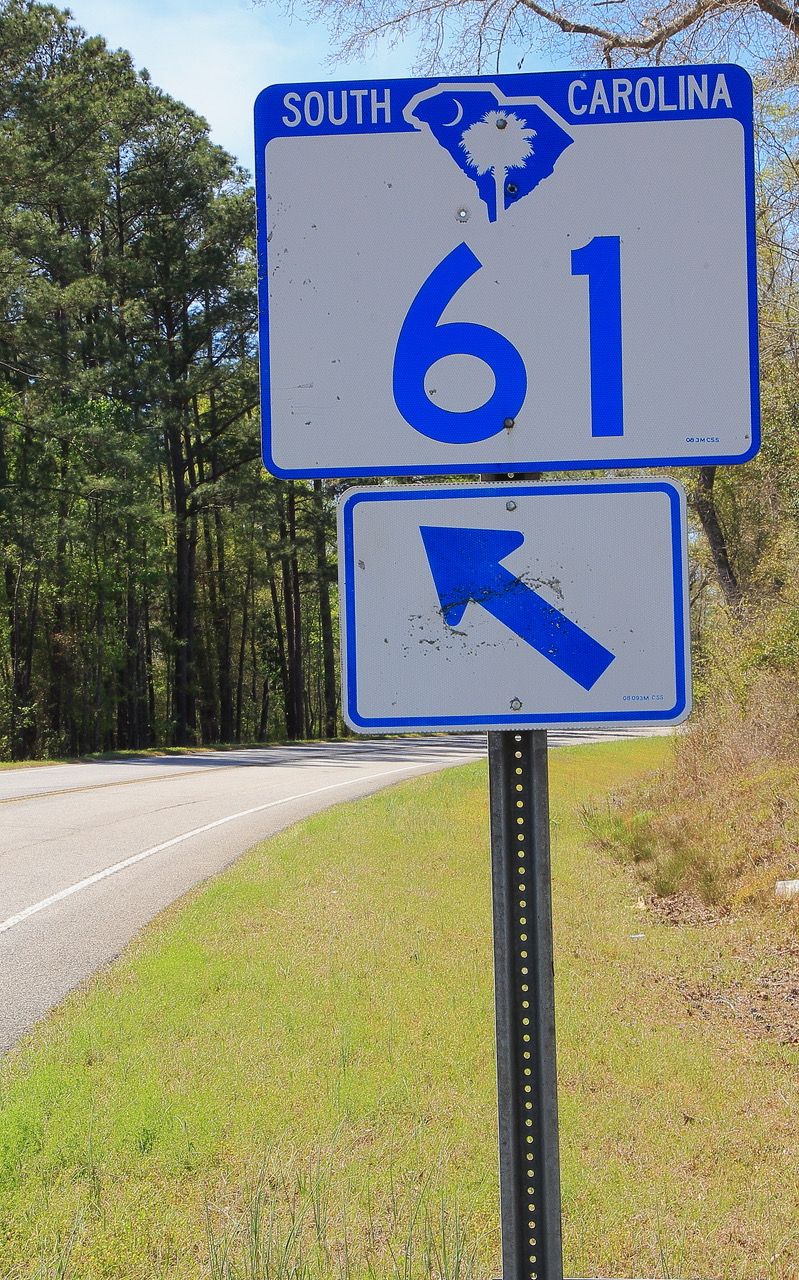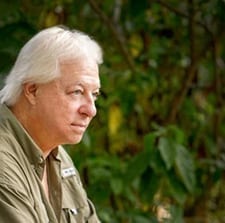Highway 61 Revisited
May 25, 2023By Tom Poland
From 22,000 miles high, a satellite dropped an uncanny merging of highway and music into my path. XM Radio played the comedic ACME siren whistle that rose, then fell smooth as silk. The second that whistle kicked off “Highway 61 Revisited,” a Highway 61 sign popped into view on the right-hand shoulder.
I was driving Highway 61 down Branchville, South Carolina, way. Sixty-seven miles long, this north-south designated highway runs east to west. I can tell you one thing for sure. This road runs through my youth.
In 1966, Robert Zimmerman released “Highway 61 Revisited.” You know Zimmerman as Bob Dylan (after poet Dylan Thomas). “I always felt like I’d started on it (Highway 61), always had been on it, and could go anywhere, even down in to the deep Delta country. It was the same road, full of the same contradictions, the same one-horse towns, the same spiritual ancestors. It was my place in the universe, always felt like it was in my blood.”

Just 67 miles long Highway 61 runs some 57 years into the past.
In the 1950s, Dylan’s Highway 61 stretched from the Canada–US border in northeast Minnesota through Duluth, where he was born, along the Mississippi River to New Orleans. The route passed by the birthplaces and homes of Muddy Waters, Son House, Elvis Presley, and Charley Patton. You’ve heard Eric Clapton’s cover of Robert Johnson’s song, “Crossroads.” Legend maintains that blues legend Robert Johnson sold his soul to the devil in the 1930s to become a master bluesman. He sold it where Highway 61 crosses Route 49. And so it was that Highway 61 sign and Dylan’s song sent me revisiting the mid 1960s.
I want to say it was 1966. I recall a hometown soul saddled with epileptic seizures, my friend Charles Lewis. We all called him Zewis. Zewis and I were cruising the Georgia countryside in my 1961 Corvair. From 239,000 miles high, a full moon showered silver light upon us. Beneath that full moon we wrote poetry on the hood of my Corvair. The leap from poetry to lyrics is a small one and that night Zewis talked about Bob Dylan’s “Like A Rolling Stone.” Weary of touring and dissatisfied with his efforts, Dylan described the song as a “long piece of vomit.” He turned that long piece of vomit into the most acclaimed song of all time.
I get why Zewis loved Dylan. Back then Zewis had to bum rides. Back then he wasn’t allowed to get a drivers license because of his seizures. He walked everywhere. Rain or shine, you’d see him walking down Highway 378 toward Georgia’s Elijah Clark State Park. At a time when boys dream of their first set of wheels, he walked to that park perched on the South Carolina line. That’s where he hung out. And why wouldn’t he. There he met people who hadn’t prejudged him as a freak. Dylan’s music spoke to downtrodden Zewis.
In September 2001when my mom told me Zewis had been killed in a car accident in South Carolina, I felt a jab. My co-writing friend was gone. To this day I see the brilliant but misunderstood Zewis, hands thrust in his pockets, walking alone in the rain. His shoulders are hunched against the cold. It was he who introduced me to Bob Dylan, and I recall how the old fogies responded to Dylan. They branded him a hippie, a protestor, a counterculture slug who turned youth rebellious. Anti-war demonstrators and Civil Rights supporters, however, found in Bob Dylan their anthems and a hero. And so did a shunned Zewis.
Unperturbed by critics, Dylan kept on adding to his body of work, what literary types like to call an oeuvre. “Ah, yes, his oeuvre will stand the test of time.” Dylan’s work stood the test of time though some would say it wasn’t much. All it did was win him the Nobel Prize for literature in 2016. The Swedish Academy gave it to him “for having created new poetic expressions within the great American song tradition.” I’d say they got it right, and I know were he here, Zewis would agree, for Zewis knew what it meant to be on your own, with no direction home, a complete unknown, like a rolling stone, come rain or shine, heat or cold, walking, always walking alone.
Georgia native Tom Poland writes a weekly column about the South, its people, traditions, lifestyle, and culture and speaks frequently to groups in the South. Governor Henry McMaster conferred the Order of the Palmetto upon Tom, South Carolina’s highest civilian honor, stating, “His work is exceptional to the state.” Poland’s work appears in books, magazines, journals, and newspapers throughout the South.
Visit Tom’s website at www.tompoland.net
Email him at [email protected]






















